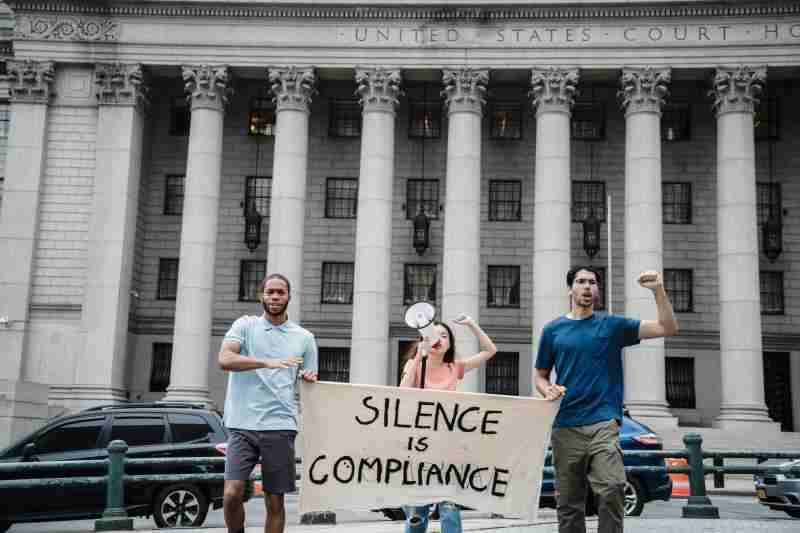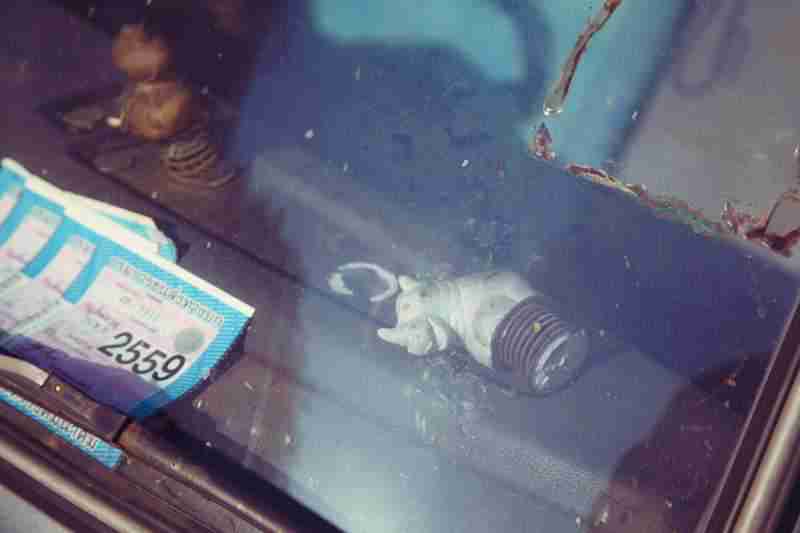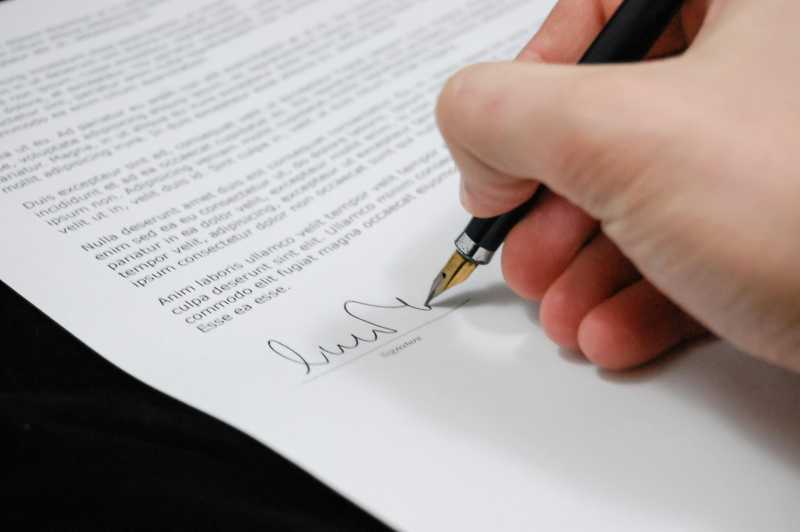When it comes to property restoration, understanding the legal aspects is crucial for ensuring a smooth and compliant process. At Projekt Restoration, we are your go-to experts in water, fire, and mold restoration, offering comprehensive services that include mold assessment, biohazard cleanup, and reconstruction. Navigating the legal landscape of property restoration can be complex, involving various regulations and compliance requirements. Whether you’re dealing with insurance claims, environmental laws, or building codes, being well-informed can save you time, money, and potential legal issues. In this blog, we will delve into the essential legal considerations you need to be aware of during property restoration, helping you make informed decisions and avoid common pitfalls.
Understanding Property Restoration Laws

Understanding the legal aspects of property restoration is crucial for homeowners, contractors, and property managers. Property restoration laws encompass a wide range of regulations and guidelines designed to ensure that restoration work is performed safely, ethically, and in compliance with local, state, and federal laws.
One of the primary considerations in property restoration is obtaining the necessary permits. Depending on the extent of the damage and the type of restoration work required, various permits may be needed. For example, significant structural repairs often require building permits, while environmental hazards like mold or asbestos may necessitate specialized permits and inspections.
Another critical aspect is understanding insurance claims and coverage. Navigating the complexities of insurance policies can be daunting, but it is essential for ensuring that restoration costs are adequately covered. Homeowners should be familiar with their policy details and work closely with their insurance providers to facilitate a smooth claims process.
Property restoration laws also address environmental concerns. For instance, the handling and disposal of hazardous materials must comply with regulations set forth by agencies such as the Environmental Protection Agency (EPA). Failure to adhere to these regulations can result in hefty fines and legal repercussions.
Moreover, contractors and restoration companies must be licensed and insured. Hiring a licensed professional ensures that the work meets industry standards and legal requirements. It also provides a level of protection for homeowners in case of disputes or issues arising from the restoration work.
For more detailed information on specific restoration services, you can visit our pages on Cooper City Mold Removal and Fire Damage Fort Lauderdale.
Here are some key points to consider:
- Obtain necessary permits for structural repairs and environmental hazards.
- Understand your insurance policy and work closely with your provider.
- Comply with environmental regulations for handling hazardous materials.
- Ensure contractors are licensed and insured.
"Compliance with property restoration laws not only ensures safety and quality but also protects homeowners from potential legal issues."
For further assistance, feel free to contact us or use our calculator to estimate restoration costs.
Key Legal Considerations in Property Restoration

When undertaking property restoration, it is crucial to understand the key legal considerations to ensure compliance and avoid potential legal pitfalls. One of the primary concerns is obtaining the necessary permits and approvals from local authorities. Depending on the extent of the restoration, you may need building permits, zoning approvals, or environmental clearances. Failure to secure these permits can result in fines or delays in your project.
Another significant legal aspect is adhering to building codes and standards. These regulations are designed to ensure the safety and integrity of the restored property. Non-compliance can lead to structural issues, safety hazards, and legal liabilities. It is advisable to consult with a professional who is well-versed in local building codes to navigate this complex area effectively.
Insurance is another critical consideration. Ensure that your property insurance covers restoration activities, including potential damages that might occur during the process. Additionally, if you are dealing with specific issues like water damage or fire damage, specialized insurance policies might be required.
Lastly, consider the legal implications of hiring contractors. Ensure that any contractors you hire are licensed and insured. This not only protects you from potential legal issues but also ensures that the work is performed to a professional standard. Contracts should be clear and detailed, outlining the scope of work, timelines, and payment terms to avoid disputes.
For more detailed guidance on property restoration, you can reach out to our consulting team.
Navigating Insurance Claims for Property Restoration

Navigating the insurance claims process for property restoration can be a complex and daunting task, but understanding the legal aspects involved can significantly ease the burden. When your property suffers damage, whether from natural disasters, fire, or water, filing an insurance claim is often the first step towards restoration. It is crucial to document the damage thoroughly, using photographs and detailed descriptions, to provide clear evidence to your insurance company. This documentation will support your claim and help ensure you receive the compensation needed for effective restoration.
Understanding your insurance policy is vital. Policies can vary significantly, and knowing what is covered, the extent of coverage, and any exclusions is essential. For instance, some policies may cover water damage but exclude mold remediation. In such cases, professional services like Cooper City mold removal might be necessary, and knowing whether these services are covered can save time and money.
Working with a restoration company that has experience in dealing with insurance claims can be highly beneficial. These companies often have dedicated teams to handle the paperwork and liaise with insurance adjusters, ensuring that all aspects of the claim are managed efficiently. For example, if you are dealing with fire damage, a specialized service like fire damage restoration in Pembroke Pines can provide expert assistance.
In conclusion, navigating insurance claims for property restoration involves meticulous documentation, a thorough understanding of your policy, and often, the assistance of experienced restoration professionals. By taking these steps, you can streamline the process and ensure your property is restored to its original condition as swiftly as possible.
Compliance with Local Building Codes and Regulations
Ensuring compliance with local building codes and regulations is a critical aspect of property restoration. Adhering to these codes not only guarantees the safety and structural integrity of the restored property but also helps avoid legal complications and potential fines. Local building codes are designed to ensure that construction practices meet minimum standards for safety, health, and general welfare. These regulations cover various aspects, including electrical systems, plumbing, fire safety, and structural requirements.
When undertaking a property restoration project, it is essential to consult with professionals who are well-versed in local building codes. This can include hiring a licensed contractor or consulting with a building inspector. They can provide valuable insights and ensure that all restoration activities comply with the necessary regulations. For instance, if you are dealing with water damage, it is crucial to follow specific guidelines to prevent mold growth and structural damage. You can learn more about water damage restoration by visiting our Hollywood water damage page.
Additionally, obtaining the required permits before starting any restoration work is vital. Failure to do so can result in project delays and increased costs. For comprehensive support in navigating these legal requirements, consider our consulting services. By ensuring compliance with local building codes and regulations, you can achieve a successful and legally sound property restoration project. For further assistance, feel free to contact us.
Legal Responsibilities of Property Owners and Contractors
Property owners and contractors have distinct legal responsibilities when it comes to property restoration. Understanding these obligations is crucial to ensure compliance with local, state, and federal regulations, and to avoid potential legal disputes. Property owners must ensure that their properties meet all safety and health standards, particularly after incidents like water damage or mold infestations. They are responsible for hiring licensed and insured contractors to carry out restoration work. Additionally, property owners should conduct regular inspections and maintenance to prevent hazards that could lead to legal liabilities.
Contractors, on the other hand, must adhere to industry standards and legal requirements during the restoration process. This includes obtaining necessary permits, following building codes, and ensuring that all work is performed safely and effectively. Contractors are also responsible for providing accurate estimates and timelines for the completion of the work. They must communicate transparently with property owners about the scope of the project and any potential issues that may arise.
Both parties should be aware of the importance of proper documentation. Keeping detailed records of all communications, contracts, and work performed can protect against future legal challenges. For more information on specific restoration services, visit our pages on water damage and fire damage restoration. For personalized advice, consider reaching out to our consulting team.
Environmental Regulations in Property Restoration
Environmental regulations play a crucial role in property restoration, ensuring that the process is conducted safely and sustainably. These regulations are designed to protect both the environment and public health by controlling the handling, removal, and disposal of hazardous materials. Compliance with these regulations is not only a legal requirement but also a moral obligation for property restoration professionals.
One of the key aspects of environmental regulations in property restoration is the management of hazardous materials such as asbestos, lead, and mold. Proper mold removal is essential to prevent health risks and environmental contamination. Additionally, the use of eco-friendly materials and sustainable practices is encouraged to minimize the environmental impact of restoration activities.
Another important regulation involves the proper disposal of waste materials. Restoration projects often generate significant amounts of debris, which must be disposed of in accordance with local, state, and federal guidelines. This includes the segregation of recyclable materials and the safe disposal of hazardous waste.
Moreover, environmental regulations mandate the use of advanced technologies such as infrared thermal imaging to detect hidden issues like water damage and mold growth. This technology helps in identifying problem areas without causing further damage to the property.
In conclusion, adhering to environmental regulations in property restoration is essential for ensuring the safety and well-being of both the occupants and the environment. For more information on how to comply with these regulations, you can reach out to our consulting team.
Resolving Disputes in Property Restoration Projects
In property restoration projects, disputes can arise due to various reasons such as contract disagreements, delays, or unsatisfactory work. Addressing these disputes promptly and effectively is crucial to ensure the project stays on track and relationships remain intact. One of the first steps in resolving disputes is to thoroughly review the contract. Ensure that all parties understand their obligations and rights as outlined in the agreement. Clear communication is essential; often, misunderstandings can be resolved through open dialogue and negotiation.
If direct communication fails, mediation can be a valuable tool. A neutral third party can help facilitate discussions and guide the parties toward a mutually acceptable resolution. Mediation is often less costly and time-consuming than litigation, making it an attractive option for many property restoration disputes.
In some cases, disputes may escalate to the point where legal action is necessary. It is important to consult with a legal professional who specializes in property restoration to understand your options and the potential outcomes. They can provide guidance on whether to pursue arbitration or take the matter to court.
For those involved in property restoration, having a clear understanding of the legal aspects can prevent many disputes from arising in the first place. Regularly consulting with legal experts and ensuring all agreements are detailed and clear can save time and resources.
For more information on how to handle disputes in property restoration projects, visit our consulting page. If you need immediate assistance, don’t hesitate to contact us. Additionally, our calculator tool can help you estimate costs and avoid financial disputes.
In conclusion, navigating the legal aspects of property restoration is a multifaceted endeavor that requires careful attention to detail and a thorough understanding of relevant laws and regulations. Whether you are dealing with zoning laws, building codes, historical preservation statutes, or environmental regulations, it is crucial to approach each step with diligence and foresight. Engaging with legal professionals and experts in property restoration can provide invaluable guidance and help mitigate potential legal pitfalls. By staying informed and proactive, property owners and restorers can ensure that their projects not only comply with legal requirements but also contribute to the preservation and enhancement of our built environment. Ultimately, a well-executed property restoration project can bring new life to old structures, preserve cultural heritage, and add significant value to communities.





